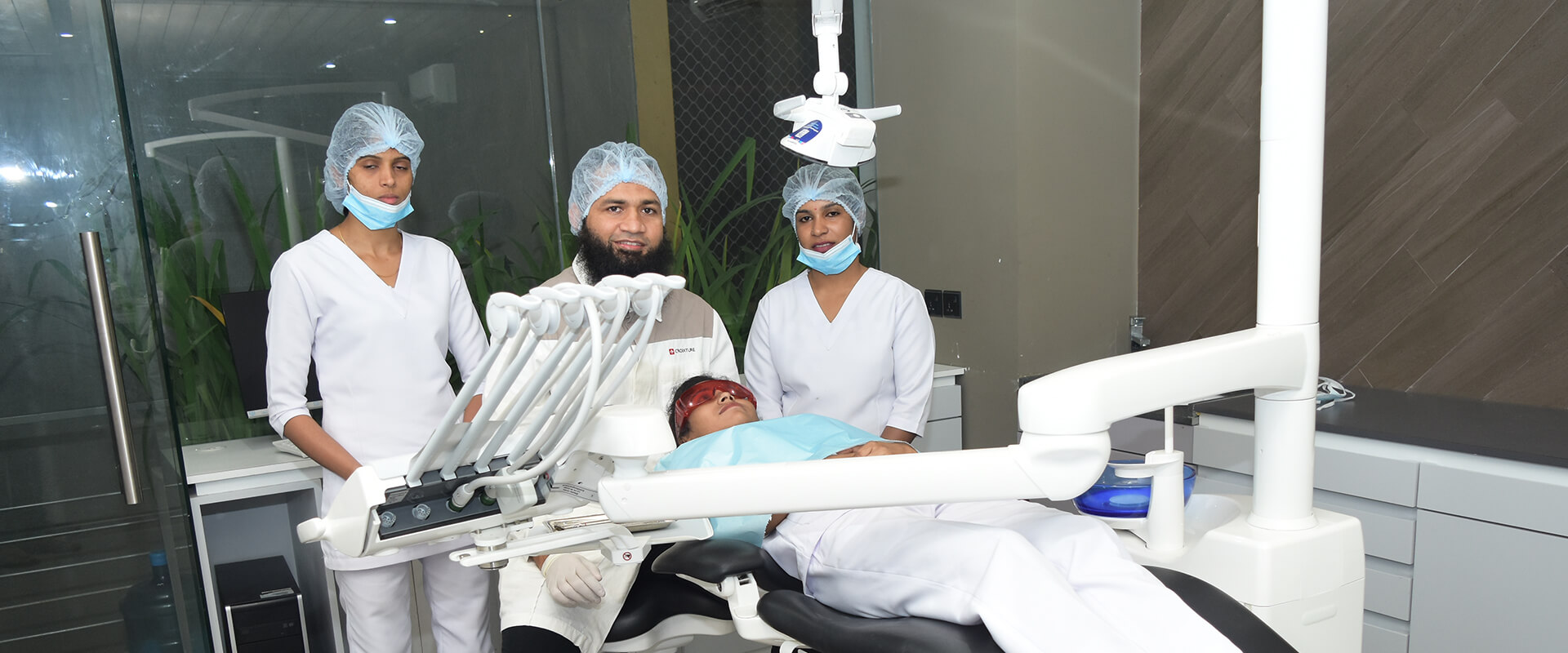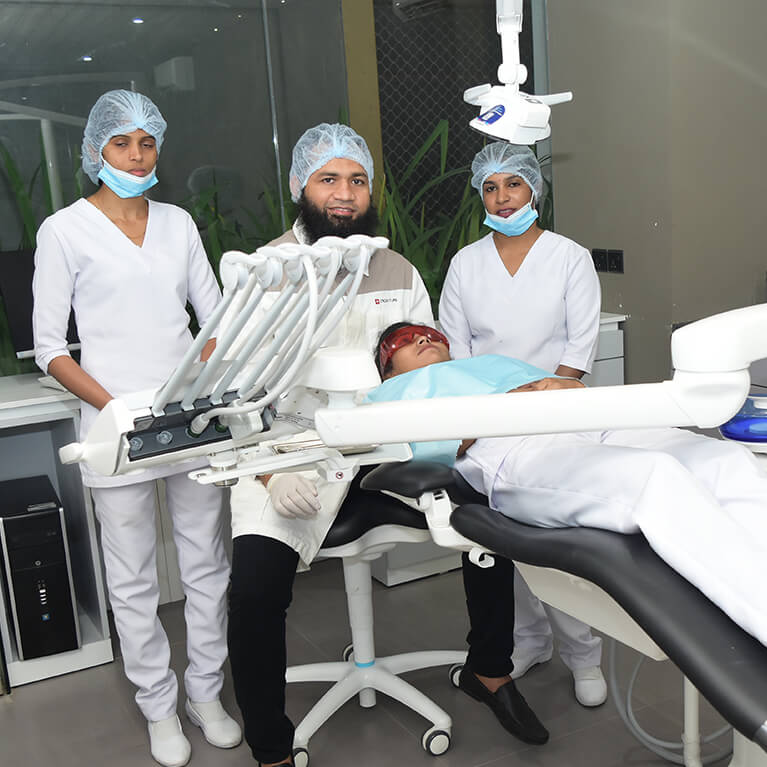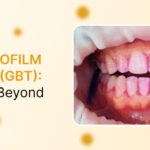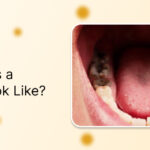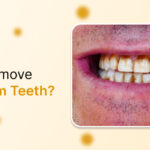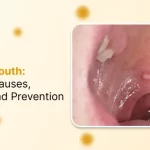What is meant by crown lengthening?
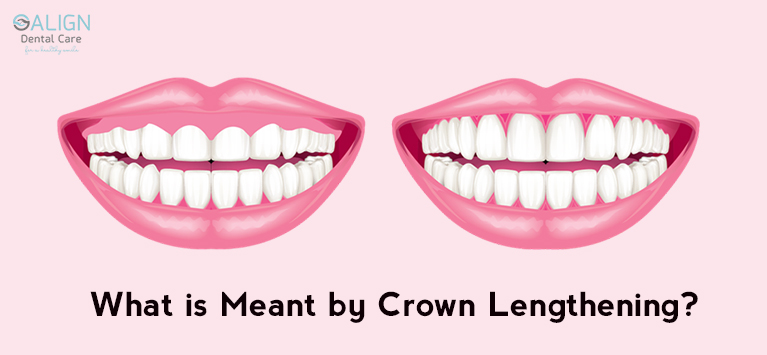
Crown Lengthening is a surgical procedure that is performed to expose the tooth surface by cutting down the excess gums and at times shaving the bone. It is recommended for both cosmetic solutions, especially treating gummy smiles and certain oral health problems.
Read More…What Causes Teeth Grinding?
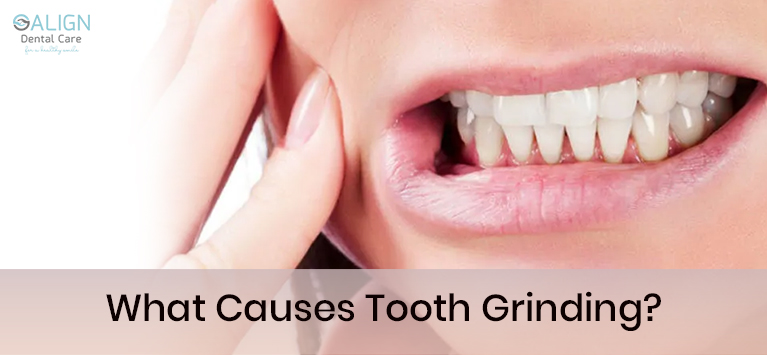
Teeth Grinding, also known as Bruxism, is a subconscious habit in which a person grinds, clenches, or gnashes their teeth. Despite appears as a common thing, it will cause havoc on your oral cavity. Frequent teeth grinding moves the jaw bone forcefully on either side or back and forth. This persuades facial or jaw pain, damaged teeth, earaches, headaches, and various problems.
Do you know that it is one of the most common sleep disorders?
Recent stats show that more than 1 in 10 people have sleep bruxism whilst one-third of adults develop this habit due to various reasons.
Our dentists have listed the common causes of teeth grinding throughout this post. Scroll down to know more.
What are the possible causes of teeth grinding?
The exact cause of this activity is not known but doctors believe that the root of bruxism lies in the genetic, psychiatric factors or combination of both.
In general, psychological stress is the main culprit that provokes teeth grinding in many cases. On the other hand, grinding teeth during sleep are defined as an unconscious neuromuscular activity as it is triggered by sleep-related chewing motions, abnormal jaw postures.
Here are the other possible causes:
- Genetics – Night-time bruxism seldom occurs as a result of genetic disorders. The kids of people who have snoring or sleep apnea have more chances of developing sleep bruxism. Remember that sleep apnea elevates the body’s stress or airway obstruction that makes the brain tighten the jaw muscles for throat coagulation, leads to teeth grinding.
- Age – Kids often develop teeth grinding habits at the age of 3 and stops at a stage when they begin to lose their milk teeth. Such age-related bruxism goes on its own when a kid enters adulthood.
- Medications – Some medicines are powerful to modify the central nervous system, resulting in bruxism and jaw clenching. In general, medications to treat psychiatric conditions are responsible for teeth grinding.
- Physical illness – Apart from psychological dilemmas and conditions like sleep apnea, various health disorders make changes in our body, provokes various atypical conditions including bruxism. The important ones to mention are dementia, epilepsy, Parkinson’s disease, and acid reflux diseases.
Along with these factors, various habits or day-to-day activities also make you grind your teeth consciously but with no control. Here are a few to mention:
- Biting and chewing nails
- Chewing on substances throughout a day
- Smoking
- Alcohol consumption
- Taking illegal drugs
The contents in cigarettes, wines have active stimulants that modify neurotransmitters in your brain. It leads to changes in our brain’s chemical response that affects the muscle response, provoking bruxism.
Bottom line
Teeth grinding is curable and reversing the habit is possible once the cause source of bruxism is identified. Mostly, treatments for the underlying cause will provide your the cure. Meanwhile, behavioral modifications and dietary changes also help in breaking the habit.
On the other hand, wearing dental guards acts as a cushionary barrier between the upper and lower teeth. The appliance lessens the dental damages caused by teeth grinding.
What causes mouth sores after wearing dentures?
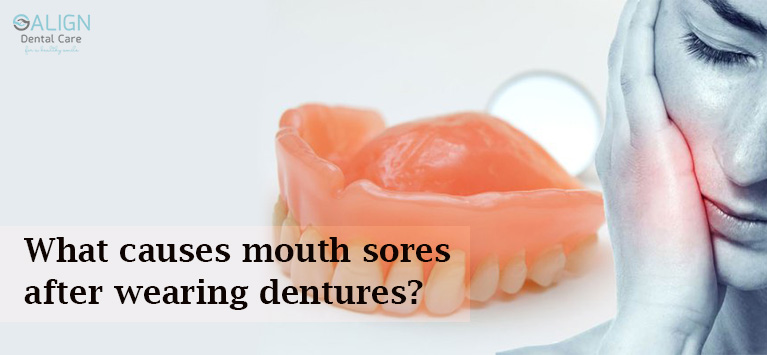
The initial stage of wearing dentures is quite annoying because the underneath tissues should adjust with the new prosthetic device. Such irritations might happen even after extracting a few teeth.
It is not uncommon to have some throbbing pain, swelling, or soreness in your gums when you wear dentures for the first time. Such throbbing pain exists until your mouth used to get the new artificial teeth set. It should subside in the following weeks else it is denoting a glitch in the denture teeth.
Read More…6 Conditions that propel you to remove a tooth
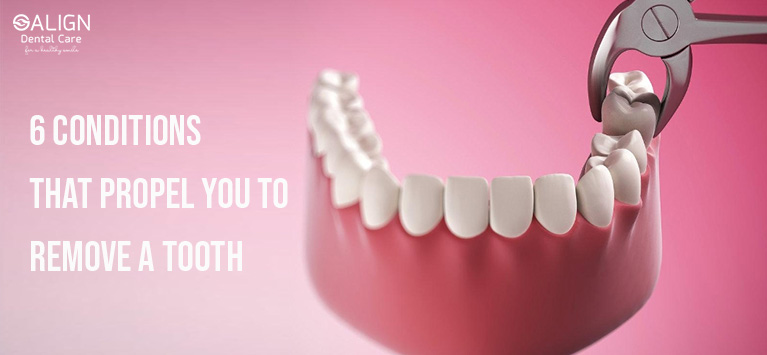
Extracting a tooth from its dental alveolus or socket is needed at some point for our oral cavity’s well-being. Typically, Oral surgeons perform the tooth removal process whilst general dentists, periodontists, and even Orthodontists also dispose the problematic tooth as a part of their treatment.
Read More…How does clove oil help in keeping your mouth healthy?
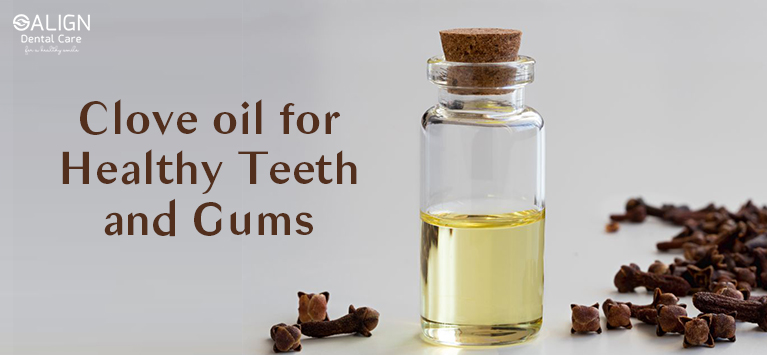
Clove is a natural ingredient that can provide you instant relief from dental discomforts like toothache. The aromatic flower buds of clove trees have been recommended in Ayurvedas because of the sedative properties they have. Moreover, it is a natural anesthetic and it is a power source of antibacterial, antifungal, antiseptic, and anti-inflammatory properties.
To be precise, clove and its derivatives like clove oil are powerful handy medicaments. They are beneficial for various dental ailments and help keep your mouth germs free.
Read More…Coconut Water – The best drink for your dental health
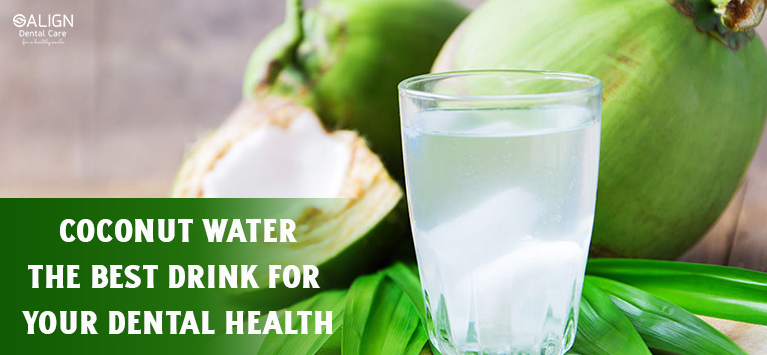
If you think coconut water is just a fluid saturated with the flesh inside a coconut, then you are wrong. This tropical drink carries the constituents you are taking from sports and energy drinks. It has been recommended as a natural solution to eliminate toxins, improve the digestive system, urination, treat dehydration, and much more.
Do you know that regular consumption of coconut water tends to boost the strength of teeth and gums?
Read More…Dental Fluorosis – Causes, Symptoms, Treatments & Prevention tips
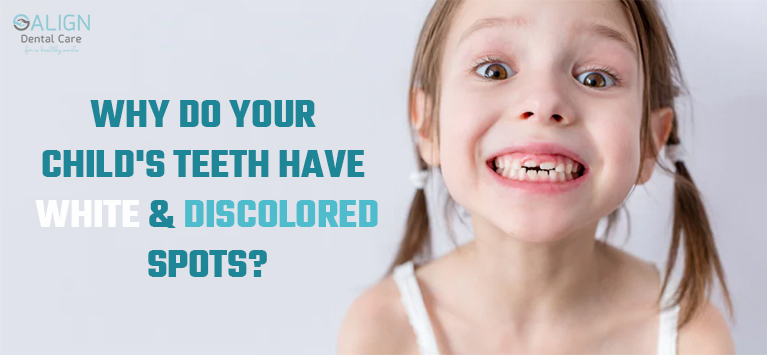
Dental fluorosis is a cosmetic problem that commonly appears in children’s teeth and it occurs with inadequate amount of calcium in enamel. This condition is termed hypocalcification. Such hypocalcified teeth look slightly discolored. Meanwhile, the affected tooth looks abnormal with having faint white lines or brown spots.
Read More…Salivary Stones – Causes, Symptoms, Diagnosis & Treatments
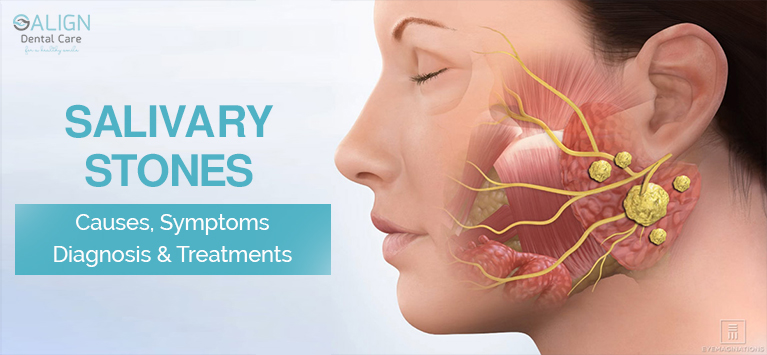
Salivary Stones are small solids formed with crystallized minerals developed in the tubes through which saliva flows. Such solid substances formed in the salivary glands are referred with various names viz salivary duct stones, salivary gland stones and salivary duct calculus. It is clinically termed as Sialoliths. Such blockage in salivary glands prevents saliva flow into our mouth.
Middle-aged adults especially men are highly susceptible to salivary stones.
Read More…5 dangers of ignoring chipped teeth treatment
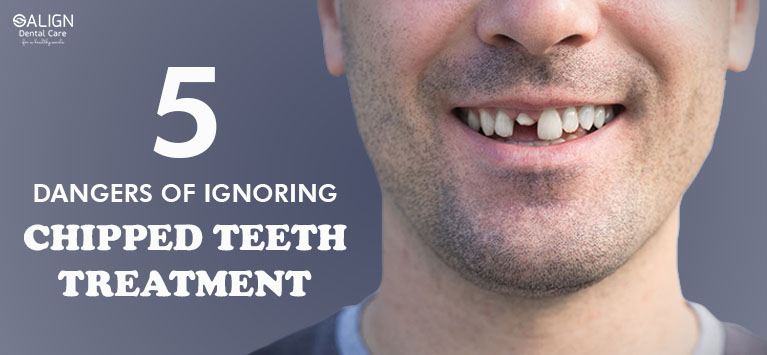
Although chipped and cracked teeth do not seem a serious dental injury, it should be treated in a timely manner. Besides degrading your smile aesthetics, the broken part of the tooth makes you susceptible to oral infections. Such consequences can lead to additional health problems as it can spread to the head, neck and so on. Luckily, you have more than an option for chipped teeth.
Read More…8 non-dental causes of bad breath
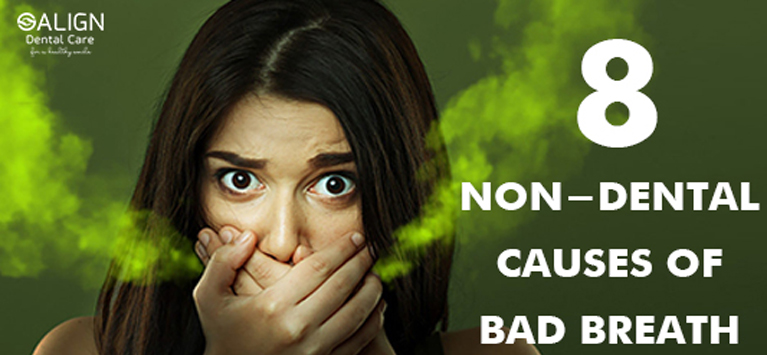
Chronic bad breath is a sign of poor oral hygiene and dental diseases. Meanwhile, it can be a red flag indicating the serious illnesses progressing inside your body.
About 90% of bad breath (clinically called Halitosis) associated with oral problems and it typically smells like rotten eggs. The remaining proportion has been linked to certain amiss in your body. The type of smell emitting in your bad breath helps to detect the dilemma in your body.
Read More…




